AI in Marketing: Separating Myths from Reality and What It Means for Your Business
AI is everywhere in marketing conversations today. From predictive analytics to AI-powered ad platforms, businesses are adopting these tools at record speed. Yet with all the hype comes confusion — some leaders see AI as a silver bullet, while others fear it will make human marketers obsolete.
The truth lies somewhere in between. To prepare for the future, it’s important to cut through the myths, understand the real impacts, and approach AI with clear strategy.
Myth 1: AI Will Replace Human Marketers
Reality: AI makes marketing faster and smarter, but it doesn’t replace human creativity, empathy, or strategy.
AI can generate outputs, but it doesn’t understand your customers’ emotions, cultural nuances, or long-term brand story. The human marketer remains essential as the strategist and storyteller.
Myth 2: AI Content is Always Reliable
Reality: AI often produces polished but incorrect information.
From fabricated stats to tone-deaf phrasing, unchecked AI outputs can damage credibility. Brands must verify facts and apply judgment before publishing.
Myth 3: AI Works Without Human Input
Reality: AI is only as good as the prompts and data it’s given.
Without clear direction, AI can generate irrelevant or off-brand material. Human expertise is what gives AI its edge.
Myth 4: AI Is Only for Big Companies
Reality: Affordable AI tools are available for SMEs and startups.
From chatbots to CRM automations, small businesses can use AI to save time and stretch budgets — provided they align tools with their actual business goals.
The good Impacts of AI in Marketing
- Speed and Efficiency: AI reduces repetitive tasks like data entry, A/B testing, or content drafts, letting marketers focus on high-value work.
- Smarter Targeting: Predictive analytics and programmatic ad buying improve precision and ROI.
- Scalable Personalization: AI enables 1-to-1 communication with customers at scale, something humans can’t manage alone.
The Risks and Downsides
- Generic Content: Too much reliance on AI risks producing bland, lookalike content that fails to differentiate your brand.
- Data Dependence: AI needs high-quality data. If your data is incomplete or biased, your AI-driven campaigns will reflect that.
- Erosion of Trust: If customers sense that everything is automated or inauthentic, it can weaken brand credibility.
- Ethical Concerns: Issues like copyright, privacy, and transparency need to be handled carefully to avoid reputational damage.
The Strategic Question: Should Humans Rely Fully on AI?
The short answer is no. AI can be a powerful assistant, but businesses that hand over all decision-making risk losing their unique voice and vision.
Instead, think of AI as an amplifier:
- AI provides speed, data, and scale.
- Humans provide strategy, creativity, and trust.
The businesses that win in the coming years won’t be those that automate everything. They’ll be the ones who know when to lean on AI and when to lean on human expertise.
Final Thoughts
AI is transforming marketing, but it’s not magic. It comes with both opportunities and risks. Leaders need to move beyond the hype and focus on how AI can fit into a broader marketing strategy without losing sight of what makes their brand human.
At Fractional Marketer, we help startups and SMEs use AI intelligently — not as a shortcut, but as a strategic advantage. The future of marketing isn’t about choosing between humans or AI, but finding the right balance between the two.
Curious about where AI fits in your marketing strategy? Let’s talk about how to use it effectively without losing authenticity.
Let's chat!


